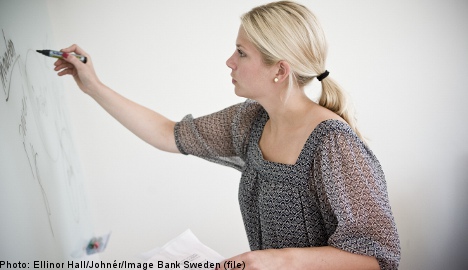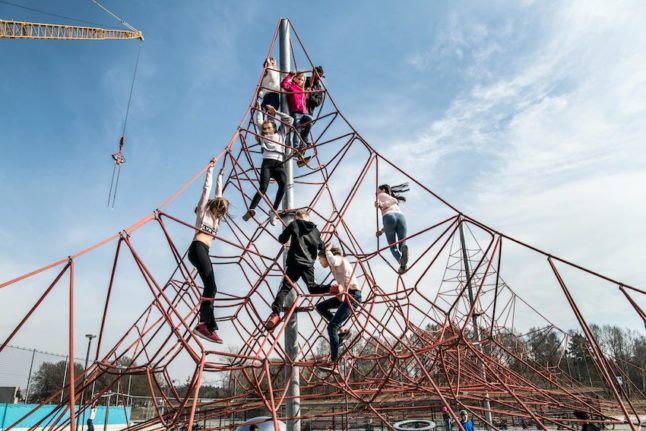“I could be very provoked if the quality of an independent school falls and it takes funding for students who have difficulties and at the same time distributes dividends to owners,” he said.
According to Björklund, the parties in the government have agreed to look into the issue. Under the new rules, the Schools Inspectorate (Skolinspektionen) would be legally able to impose such sanctions.
“The school would have the opportunity to fix it and in the meantime, a dividend ban would be introduced,” he said.
Björklund said he believes that such a ban would be effective.
“It is a matter of great concern for a free school, like a public school, to receive a tough reprimand from the Schools Inspectorate,” he said. “Students and parents will find out and fewer will want to go there.”
He added that whistleblower protection for staff at private alternatives that run on tax money could be introduced, similar to those offered at public enterprises.
Earlier, the government had said no on the grounds that private companies are exposed to competition and need protection of privacy.
The Social Democrats’ Ylva Johansson slammed Björklund’s new proposals for more stringent rules for free schools as “electioneering.”
“It has been under his watch that schools have turned into a market with short-term profit interests,” she said. “He is not credible.”
Meanwhile, the Swedish Teachers’ Union (Lärarförbundet) welcomes whistleblower protection for employees at free schools. The union is also positive regarding a halt to dividend payouts to free schools with a decline in quality.
“We taxpayers should know that the money that we give to the school is used to maintain a high quality,” said union chairwoman Eva-Lis Sirén in a press release.



 Please whitelist us to continue reading.
Please whitelist us to continue reading.
Member comments